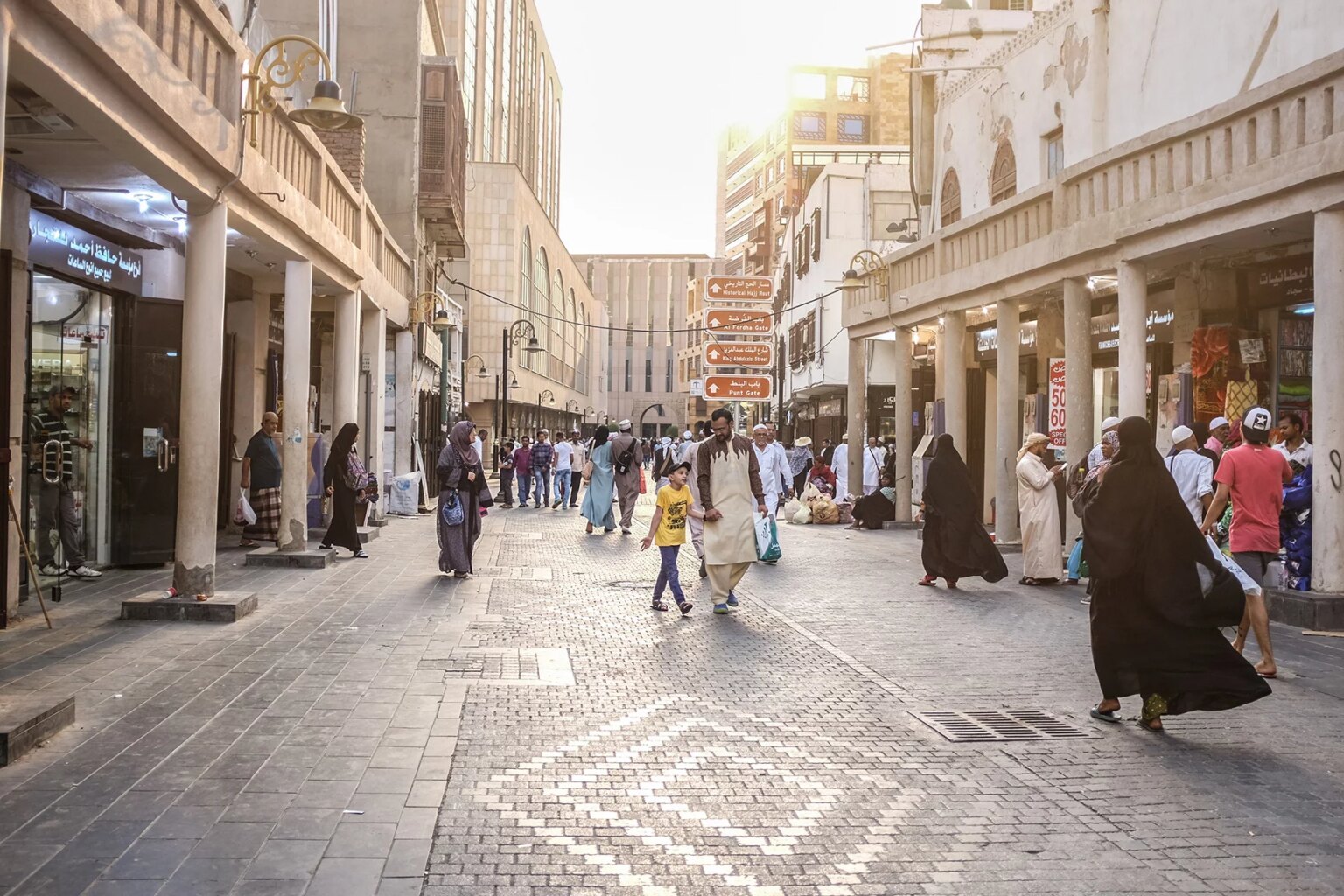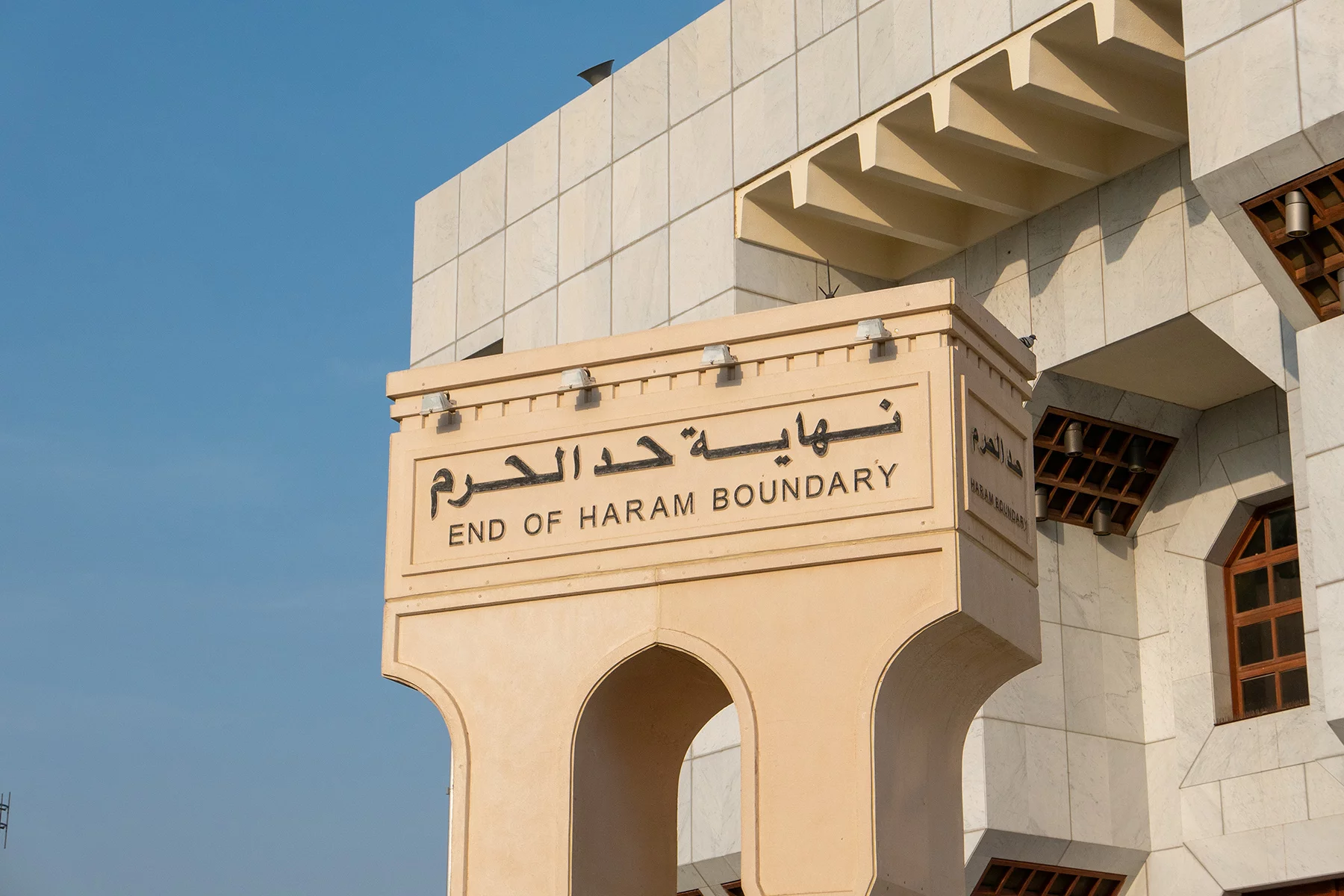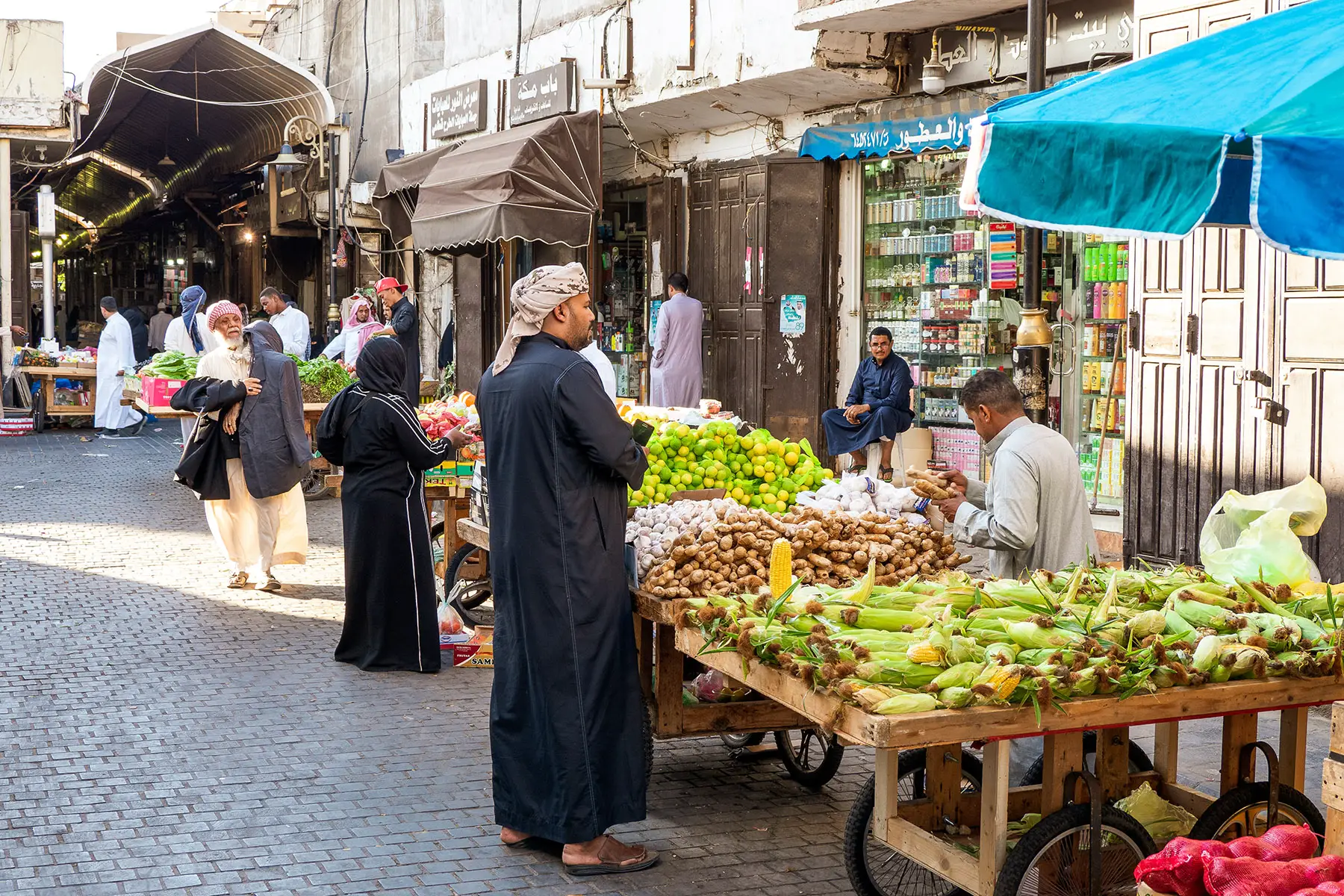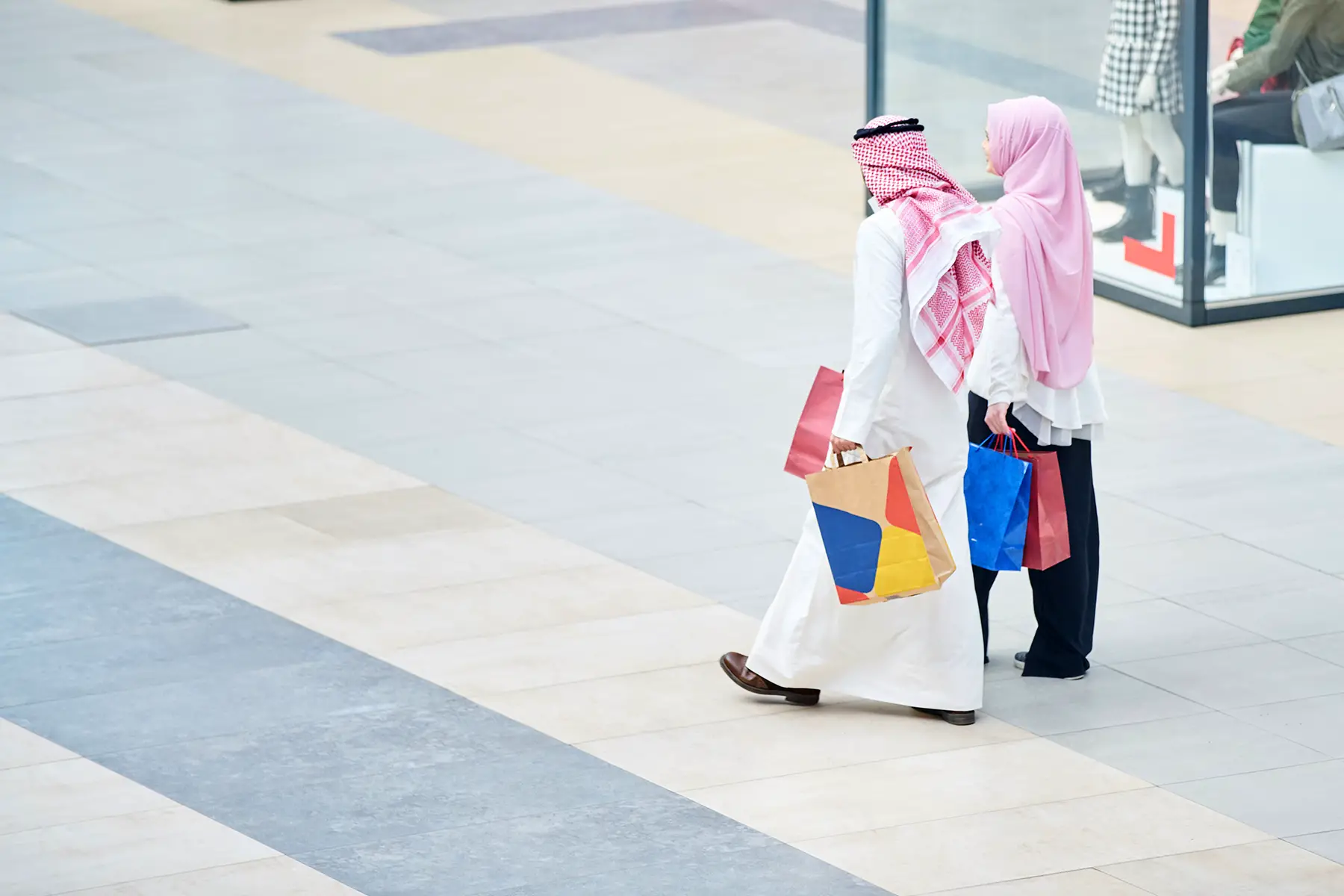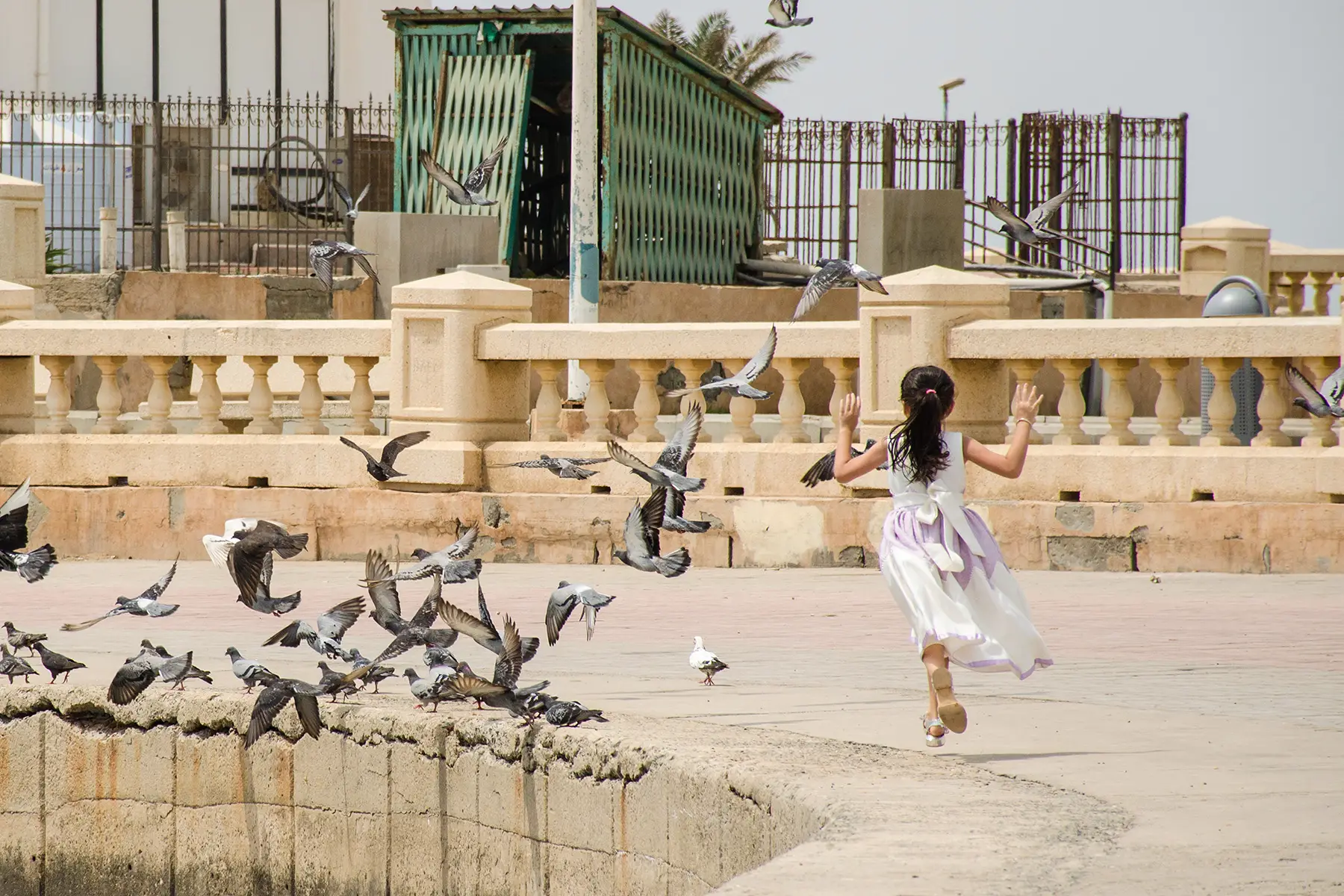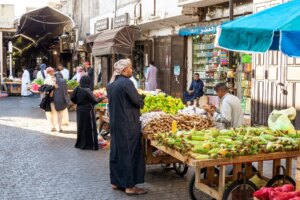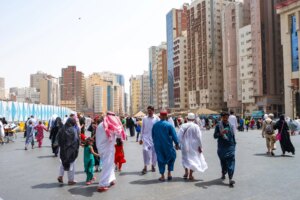Saudi Arabia polarizes expat opinion like few other places. While some enjoy living in traditional expat compounds, others struggle to deal with aspects such as gender segregation, human rights issues, and the country’s intolerance to alcohol. Either way, though, guest workers, as expat staff are referred to, agree on a couple of things: life in Saudi Arabia is vastly different from anywhere else. An expat posting can be enormously lucrative here, but any prospective expat is bound to have plenty of questions.
So, what is life in Saudi Arabia like? This article will cover the following:
- What’s it really like to live in Saudi Arabia?
- Can I afford to live in Saudi Arabia?
- Is it easy to find love in Saudi Arabia?
- Can Saudis marry foreigners?
- What is it like to work in Saudi Arabia?
- Can I afford to buy a home in Saudi Arabia?
- What’s it like being a woman in Saudi Arabia?
- What’s it like raising kids in Saudi Arabia?
- How is healthcare in Saudi Arabia?
- Name the best and worst things of life in Saudi Arabia?
What’s it really like to live in Saudi Arabia?
Like everywhere else, life in Saudi Arabia is what you make of it. You can make the effort to integrate by learning Arabic and getting to know the local Saudi culture; you will be welcomed warmly, too. On the other hand, if you stay within the expat bubble, you are likely to miss out on the incredible adventures living away from home can bring.
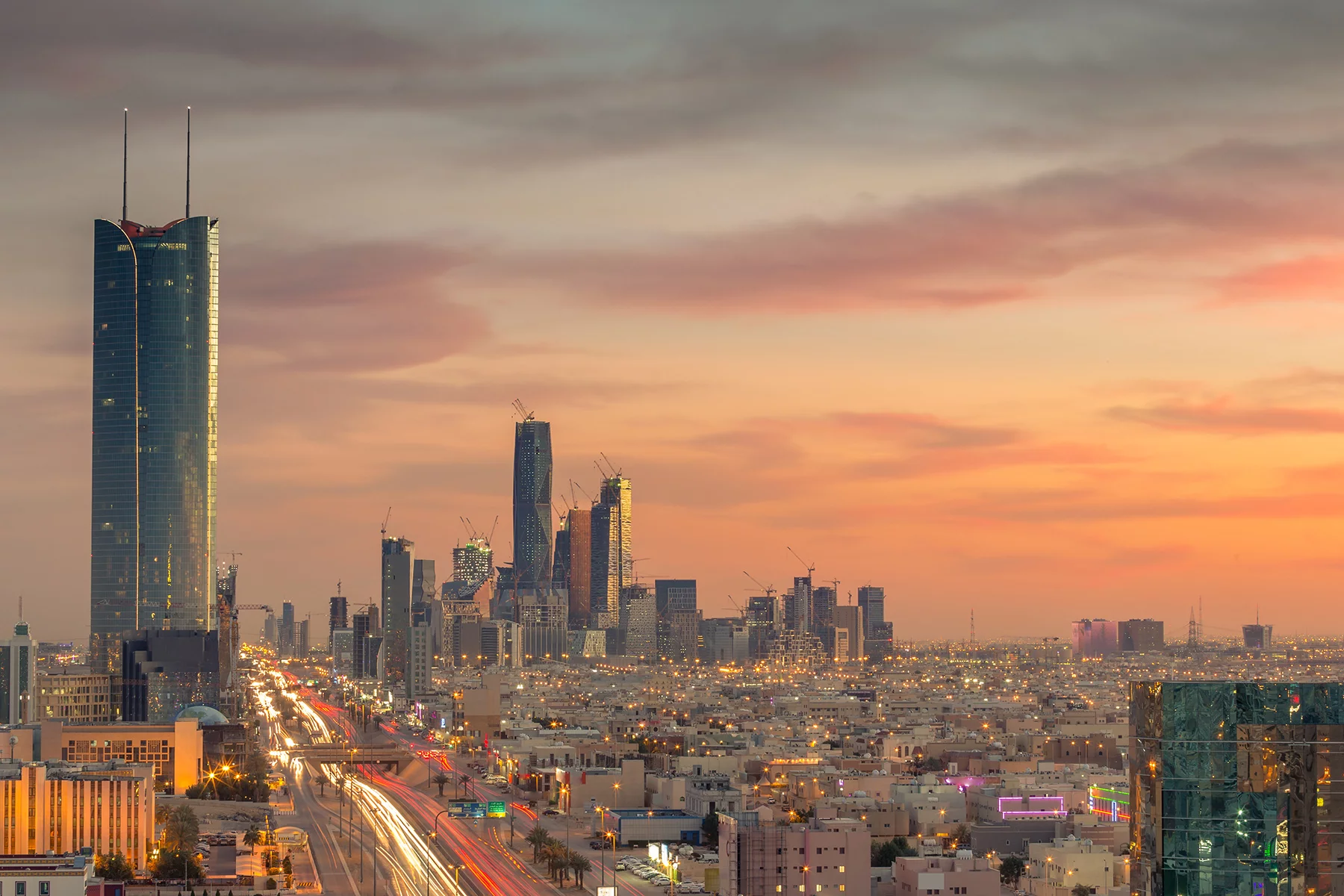
For expats moving to Saudi Arabia, a little understanding of its culture can go a long way. Two disparate influences shape Saudi society: it is the ancestral home of nomadic, patriarchal tribes and the birthplace of Islam; its King is officially custodian of the religion’s two holiest sites.
Islamic culture and Sharia law
Islamic observances underpin the Saudi way of life and Sharia principles underlie its legal system. For decades, Saudis have interpreted their religion rather more conservatively than elsewhere. As a result, the nation’s cultural values have often influenced the way laws were applied. Men and women who weren’t related to each other were unable to interact with each other and life was scheduled around the day’s five prayer times. Furthermore, women needed to wear black outer robes called abayas and cover their hair in public. Many also covered their face.
Several of these strictures have fallen away since 2017, as the crown prince’s vision of a more moderate Islam begins to be realized. Residents report that men and women can now work together more freely, and even go to the cinema and play sports matches together. Women can drive and hire cars and remain free to go around without a male guardian. And the moral police, who controlled social interactions and pulled over men with long hair and women whose abayas were too short, have been defanged and are now only seen infrequently.
Life in Saudi expat compounds
Expats have generally enjoyed a lifestyle closer to their home countries on compounds maintained by foreign companies. Life in these self-contained holiday villages is relatively unconstrained; they offer greater security and a wide range of facilities, such as shops, restaurants, swimming pools, and sporting facilities.
Foreign residents also welcome the relatively relaxed rules, saying it is now much easier to go out and watch a movie, for example, or to hang out with friends of any gender. Similarly, workplaces are much the same as anywhere else – so long as you keep it professional.
The Saudi national no-liquor and decency policies
However, the reforms don’t look likely to extend to the Kingdom’s famous no-liquor policy. Officials have dismissed reports that hotels and restaurants will soon be able to serve alcohol. Indeed, the government has also responded to hardline critics who feel the reforms have gone too far.
In 2019, a public decency law came into effect. This law brought in fines for immodest clothing, littering, spitting, queue-jumping, and other offenses. It also penalizes violence in public and damaging community property.
Family values in Saudi Arabia
In general, Saudis are far more private than in Western countries, and everyday activities traditionally revolve around the family. It isn’t uncommon for Saudis to live close to – or even with – their extended family. They might also drop by their grandparents’ home for dinner several times a week. As a corollary, some areas are family-only.
Many local customs, such as the focus on home life, have been at least partly influenced by the searing heat. Temperatures approach 54 degrees Celsius at the height of the six-month-long summer, and annual humidity levels average 63% or more, depending on the region. It is almost as if the weather in Saudi Arabia conspires to make you stay indoors in air-conditioned comfort, as some expats put it. On the other hand, it does mean that there are over 300 days of sunshine a year on average.
Finally, although it’s one country, each of Saudi Arabia’s major regions boasts its own culture. The capital, Riyadh, is a modern but conservative city on par with regional powerhouses. Meanwhile, Jeddah blends old and new in a relatively relaxed atmosphere. The east coast areas of Khobar and Dammam, on the other hand, are busier – and often sought-after, thanks to their proximity to less-conservative Bahrain.
Can I afford to live in Saudi Arabia?
By some estimates, Riyadh has become a much more expensive place to live as the country seeks to diversify its hydrocarbon-dependent economy. The global consultancy Mercer ranked the Saudi capital the 29th costliest city on a list of over 200 expat hubs. That’s well above neighboring Dubai (42nd) and Abu Dhabi (56th), and up from 57th place in 2017.
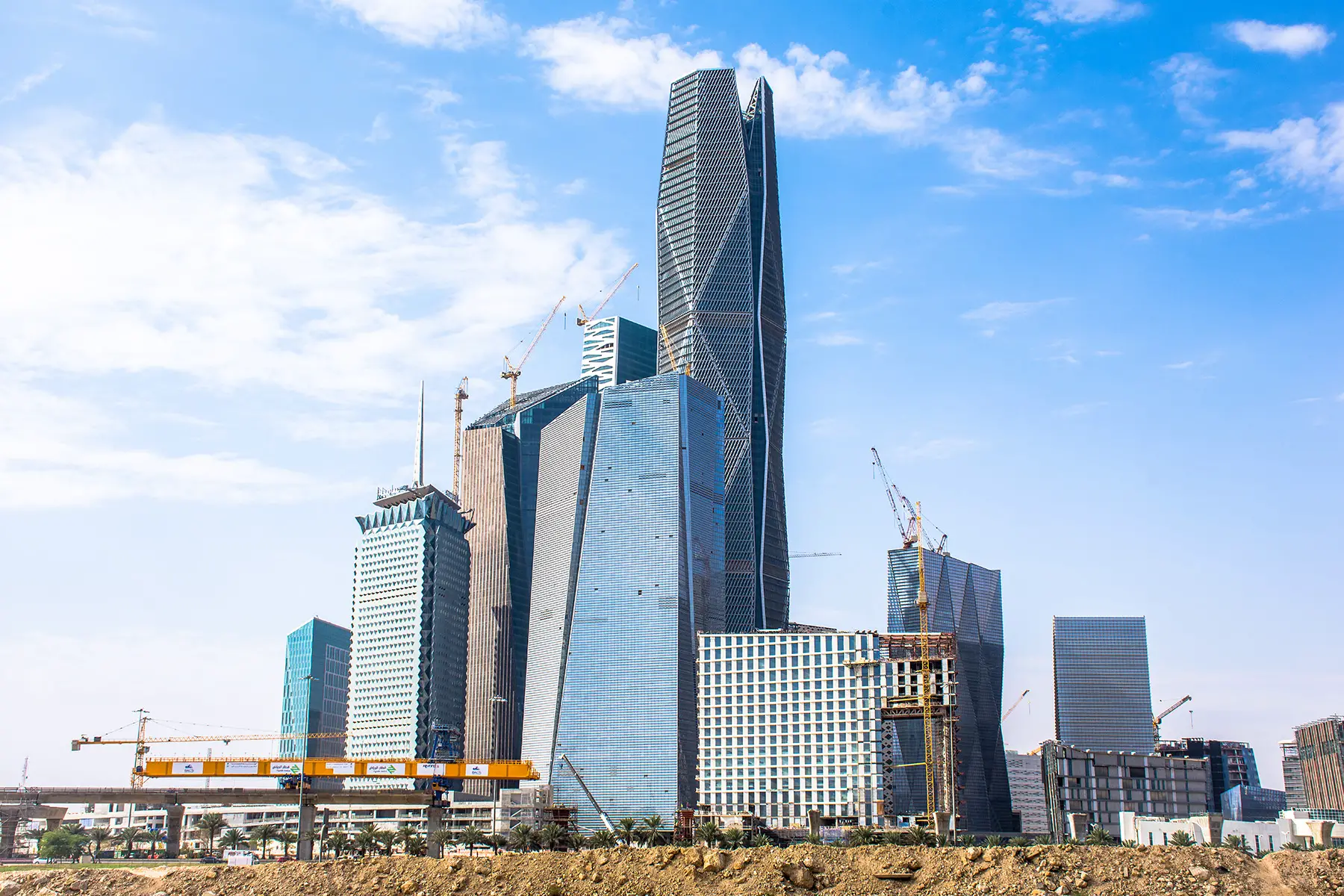
The cost of expat accommodation in Saudi Arabia
Yet Saudi Arabia remains one of the few places in the world that continues to offer expat packages that include accommodation or an allowance in lieu; as well as transport and education payments. That said, residents say these are being trimmed as the economic climate remains uncertain.
In terms of expenses, rent is the biggest outlay for expats without these allowances; this can account for up to a third of your local salary.
The unexpected costs of family life in Saudia Arabia
Family life in Saudi Arabia comes with other costs that expats may not have encountered before. As of July 2017, expats bringing their families into the Kingdom (typically, a man sponsoring his wife and children) must pay a dependent fee of SAR 400 per month per dependent.
International schools in Saudi Arabia can also put a significant dent in your wallet (expect to pay up to around $30,000 per year), and parents will be expected to cover the cost of uniforms, textbooks, and extra-curricular activities.
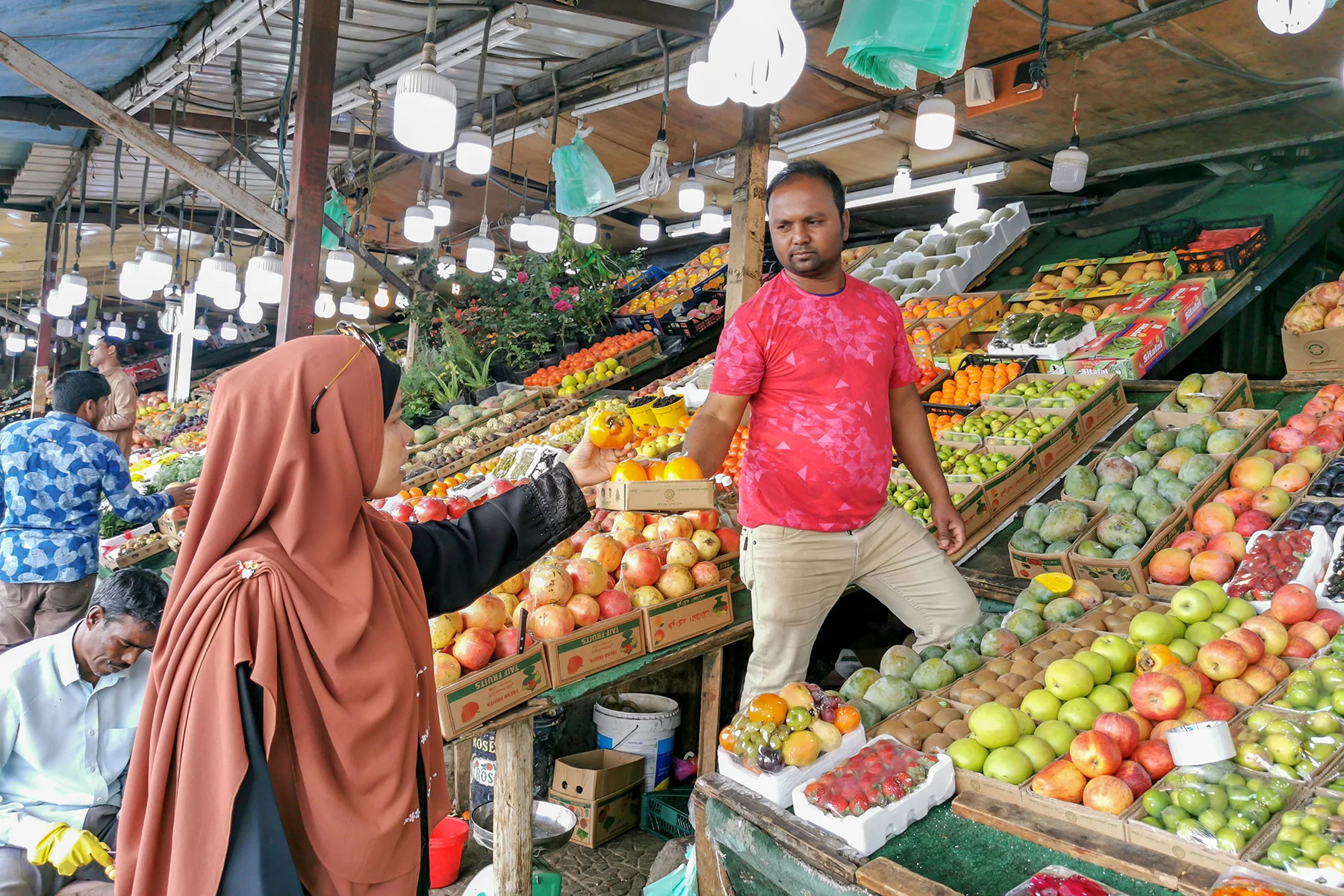
Groceries are generally cheap by Western standards – as much as 75% lower by some estimates; although imported items and eating out in Saudi Arabian cities can be eye-wateringly expensive. As of 2018, petrol, diesel, food, and utilities are subject to a 5% value-added tax.
On the flip side, Saudi Arabia levies no income tax, petrol prices remain low, and cars are relatively cheaper than in Western countries. In general, expats in Saudi Arabia have a high standard of living and can afford luxuries often impossible in their home countries.
Is it easy to find love in Saudi Arabia?
Finding a prince anywhere requires kissing an innumerable amount of frogs. And even if you find a frog in Saudi Arabia’s deserts, you won’t be able to kiss it right away – and certainly not in public.
Dating in Saudi Arabia carries its own distinct set of rules and challenges and is a secretive affair. As it is considered both immoral and illegal for two people who are unrelated and unmarried to spend time together, you will need to be both careful and creative when seeking a partner.
Dating etiquette
First dates must be low-key affairs. If you live in the same compound – or can let them into yours – you will likely spend your first date at the movies or the compound’s restaurants. As most Saudi society rules don’t apply within the compound, this is a great, relaxed option for couples. Some restaurants in big cities also offer private cabins. Asking around in your expat circles is a good way to discover date spots with relaxed attitudes.
Outside of these spaces, it pays to remember that dating, sex, and romance remain taboo in Saudi Arabia. Therefore, be sure to dress conservatively and avoid being publicly affectionate.
Dating a local
Many young Saudis now flirt more openly on apps such as Facebook, Tinder, Snapchat, and Whoshere. However, women, in particular, may still shy away from sending photos over messaging apps for fear of family repercussions. Snapchat is popular, and as a woman, you may well hear, “Mumken Snapchat?” (literally, Snapchat possible?”). You may also be asked directly for your phone number.
Saudis from more conservative families might ask to arrange initial meetings in more relaxed countries around the region. This could be Egypt, Bahrain, or the UAE, where they can get away from prying eyes.
Can Saudis marry foreigners?
Overall some 700,000 Saudi women – or 10% of all married Saudi women – have foreign husbands. No corresponding figures are available for Saudi men married to non-nationals.
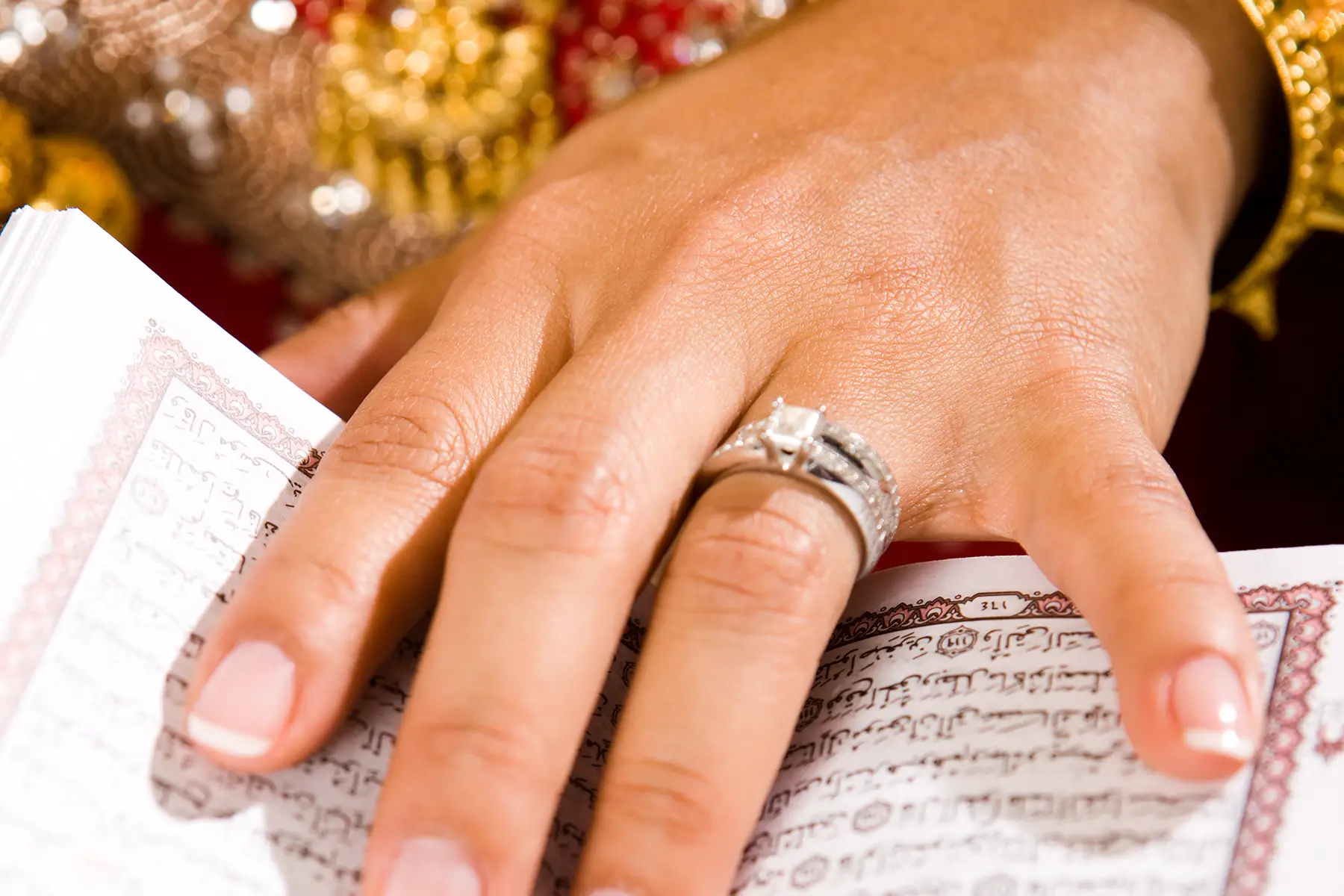
So, if it’s a Saudi spouse you are looking for, there is hope. However, you’d better be up for several challenges; finding your future spouse, winning acceptance from their family and officials, and converting to Islam.
Arranged marriages
Marriages are still often arranged between conservative families, and the bridal couple may sometimes not even set eyes on each other until a few days before the wedding. Until recently, men and women weren’t allowed to meet in public, and strict Salafist regulations effectively curtailed any heterosexual romantic activity outside expat housing complexes.
LGBT+ relationships and homosexuality in Saudia Arabia
Homosexual activity and being transgender are completely illegal in Saudi Arabia. Acts of homosexuality, feminism, and cross-dressing in Saudi Arabia are seen as forms of extremism. Punishments can range from fines to beatings, imprisonment or even the death penalty.
If you are a member of the LGBT+ community, you will need to excise caution. This includes when doing business in the country, as talking about family is often part of the process. Just as with all dating in the country, discretion is essential.
What is it like to work in Saudi Arabia?
There are several ways to find an expat job, and Saudi Arabia is no different from other markets. However, the government has tightened control over the labor market in recent years as part of Saudization attempts to boost local employment. In combination with other factors, this has caused an exodus of expats in recent years.
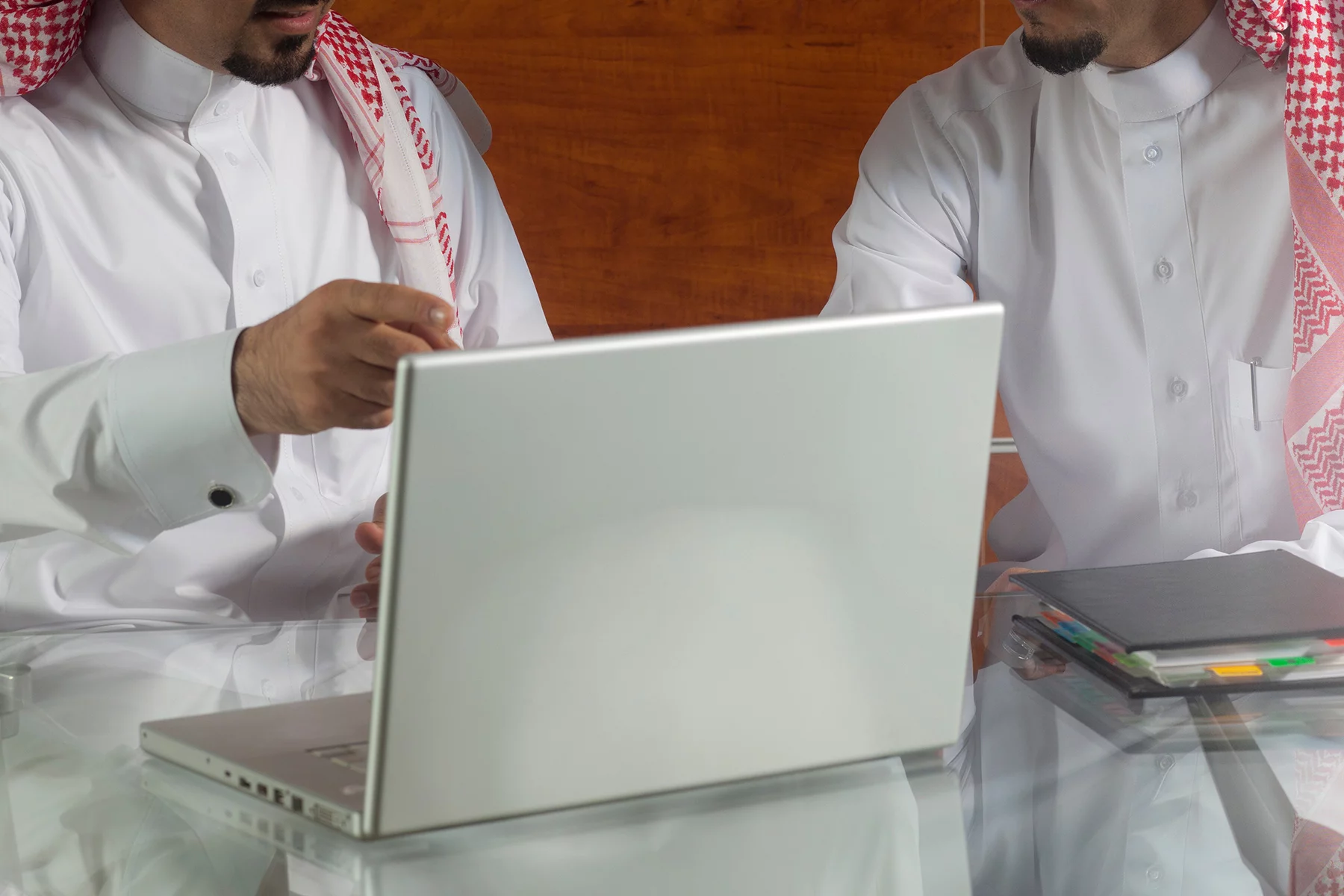
Job opportunities for expats
The government’s economic diversification drive could throw up new opportunities; particularly in manufacturing, urban planning, resource management, and the services sector.
Foreigners usually have interviews from overseas and accept jobs after companies advertise the position to Saudi nationals. Obtaining a Saudi work visa can take up to two months. Employers – or sponsors – apply for and obtain authorization from the Ministry of Labor. Following this, you will need to undergo medical tests for contagious and lifestyle ailments from approved centers in your home country. Several conditions apply, and once you are actually in the country, there’s another round of tests to obtain your Iqama.
Expats are banned from doing 41 different jobs, and aren’t eligible for Saudi pensions; therefore, they are handed a gratuity at the end of their contract. Should you want to switch jobs, you require your employer’s approval.
The Saudi workplace
Workplaces, especially in the private sector, are international, with a healthy mix of expats from around the world. Outsiders may take a while to appreciate that religious and cultural elements often make their way into the workplace. Meetings may take place around prayer times, for instance, and Saudi women may choose not to shake hands with men they aren’t related to, even at an introduction. Furthermore, business owners often employ family members because family ties are so important.
Most companies now use the Gregorian or international calendar, however, since the switch only took place in 2016, don’t be surprised to come across references to the lunar Hijri calendar in everyday life.
Finally, get ready to work on Sunday. In Saudi Arabia, the weekend spans Friday – the traditional day of rest in most of the Middle East – and Saturday; so it may take some time to adjust to the workweek.
Confusingly, working hours vary. More traditional establishments may work to a split shift, from 8:00 to noon and 15:00 to 19:00, but others work straight through, with an hour’s lunch break. Government offices run from 7:30 to 14:30. By law, you can only work eight hours a day (10 with overtime), or 48 hours a week including Saturdays (60 with overtime).
Can I afford to buy a home in Saudi Arabia?
Buying property in Saudi Arabia
Until 2019, expats have been unable to acquire permanent residency and put down roots in the country. Consequently, foreigners in Saudi Arabia prefer to rent apartments or villas when not provided with company accommodation.
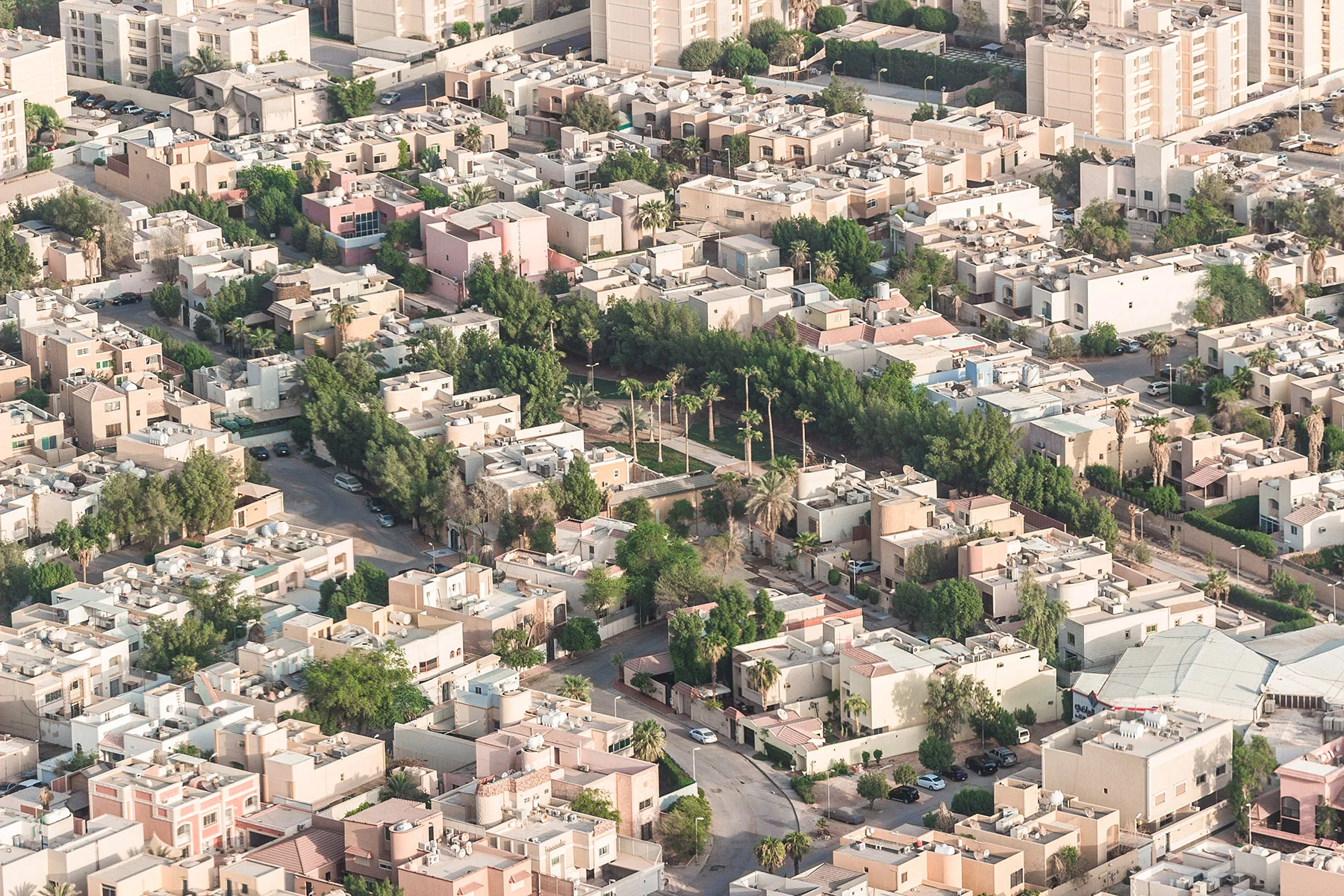
However, foreign residents can now purchase property units in most parts of Saudi Arabia, subject to approvals from the licensing authority. Only Saudis may own property in the holy cities of Mecca and Medina; although inheritances are exempt. Non-Saudi Muslims can take out renewable leases of up to two years within these cities.
The nascent mortgage market offers few local options for expats, therefore your best bet would be to consider an international bank operating out of Saudi Arabia.
Around 60% of Saudis currently own their own homes. The country also faces a housing shortage to meet the needs of its expanding population. The Kingdom is adding new capacity across the major cities, particularly in the affordable sector. New developments are particularly popular with investors across the country.
Renting in Saudi Arabia
When it comes to renting, there are plenty of options outside the expat compounds. Unfurnished one-bedroom apartments are available from about SAR 27,000 per year; you will need to sign post-dated checks for six months to a year in advance
However, you should expect to pay double that for a home that suits your needs, and between SAR125,000 to SAR200,000 for a three-bedroom villa. Single professionals often share bachelor apartments, splitting utility and air-conditioning bills.
What’s it like being a woman in Saudi Arabia?
Contradictions abound when it comes to the status of women in Saudi Arabia. For some, it offers a high quality of life and great healthcare; others, however, rail against the guardianship system that requires women to ask their husband’s or father’s permission to travel or get a job; although this is not officially a law. Again, recent reforms have played their part in bringing women into the workforce and giving them wider social roles.
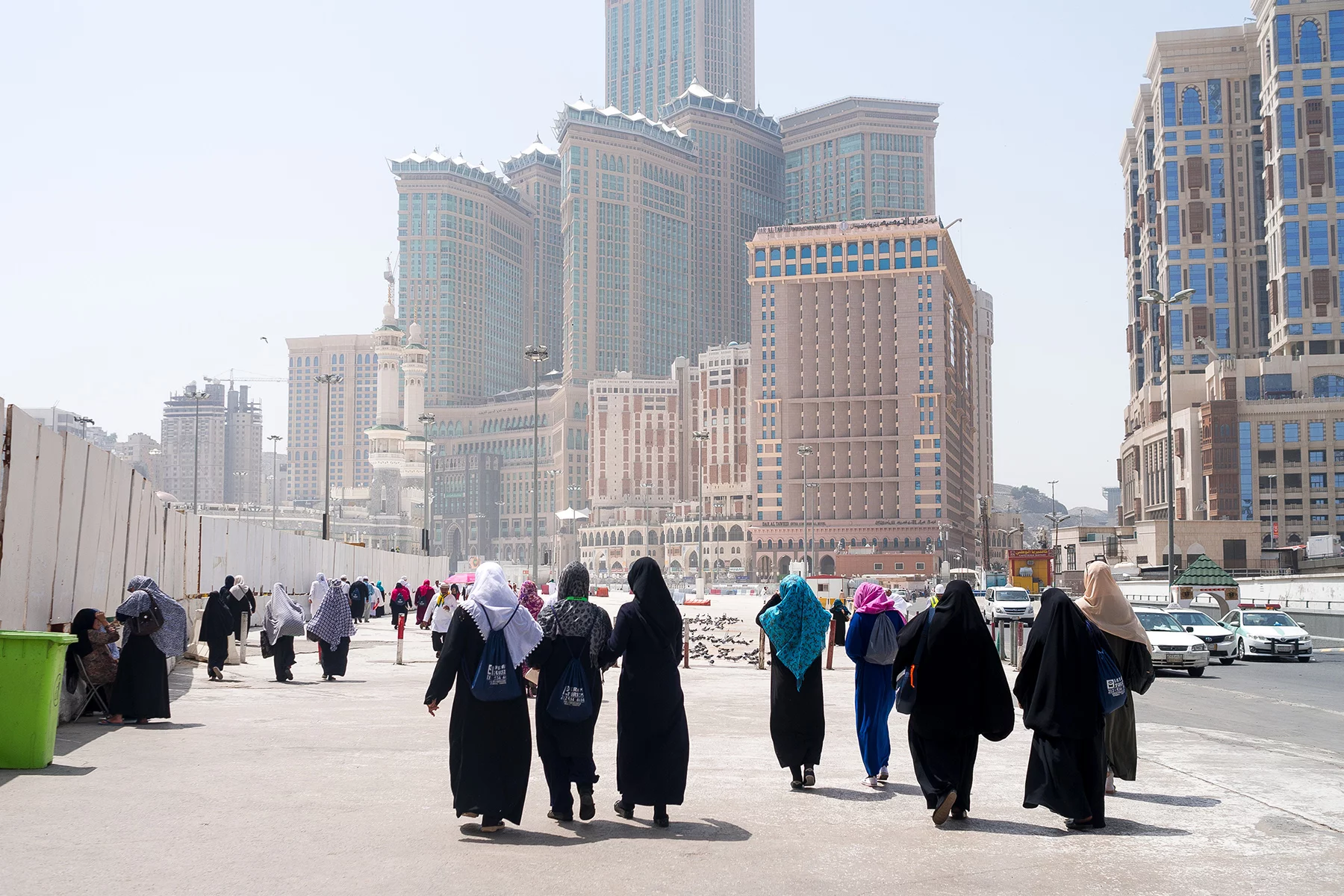
Women have been able to nominate candidates for municipal elections since 2015 and allowed to drive since 2018. The landmark move was accompanied by other freedoms; namely, the ability to take part in physical education classes and attend sporting events. Women over 21 may now also travel abroad without a male relative’s permission.
Despite this progress, however, the country remains one of the worst performers in the World Economic Forum’s Global Gender Gap Index. There is now a ban on forced marriages, and a woman must consent to any wedding in writing, That said, contracts may still be hammered out between the bridegroom and his father-in-law.
Culture shock and integration
What is life as an expat woman like? By and large, society remains male-oriented, and women may find themselves unable to do things on their own that they take for granted elsewhere. Trailing spouses may find the culture shock unsettling; living on a compound with a support group of others in the same situation may ease the process considerably, though.
For those on work visas, their companies will generally facilitate the transition and provide health insurance. However, mixed-gender workplaces remain uncommon outside customer-facing and creative fields. By law, companies must provide separate facilities for women; this includes bathrooms, prayer rooms, and private lunchrooms. They must also adhere to specific legal requirements about working hours and times.
Women may drive and even take public transport if they have their own iqama, and they no longer have to wear the abaya (long outer robe) in public. Head and face coverings are not mandatory, but many people do wear them. And yes, you can wear a bikini on a private Saudi beach, accessible at a fee, or on a boat. Given these rapid changes, it is advisable for female expats in Saudi Arabia to learn about and stay abreast of changes in local laws.
What’s it like raising kids in Saudi Arabia?
Children who grow up in Saudi Arabia can count on an international network of friends in later life. However, making Saudi friends can be difficult, and the expat bubble they grow up in can leave them without the street smarts they need to deal with real-world situations.
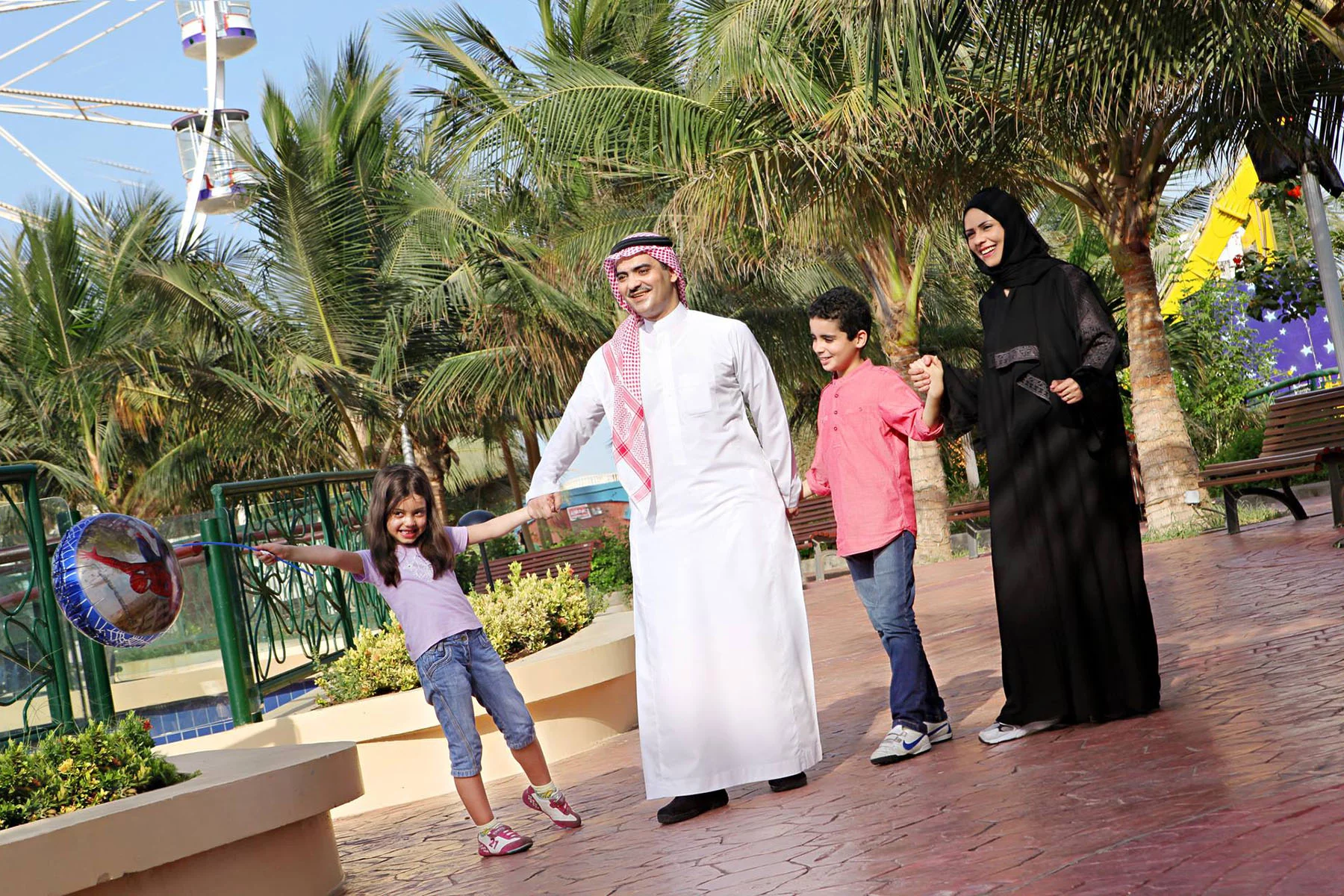
Public schools are only accessible to citizens and naturalized Arabs, and few local children attend international schools in Saudi Arabia. There is a range of private schools that teach country-specific curricula; from British and American to Indian and Pakistani. Arabic is generally mandatory in most schools, where the academic year runs from September to June.
Higher education has come a long way in Saudi Arabia. English is a primary medium of instruction, and there are special scholarships for foreign students. Some Saudi Arabian universities provide allowances of up to US$30,000 annually. However, young expats tend to prefer overseas universities, either in their own countries or at globally recognized institutions.
Child-friendly activities
With the high levels of disposable income, there is an abundance of children’s activities in Saudi Arabia. In addition to a wide range of parks and museums, parents can find classes and clubs for everything; from yoga and ballet to horseback riding, chess, and Koran lessons. With few outlets for entertainment, birthday parties are a highlight. These may feature two-story inflatable slides, magicians, face painters, and three-tier cakes – even for five-year-olds.
At home, nannies and domestic helpers are common, even among expats. That said, domestic workers must have a sponsor or contract through an agency.
Saudi family law is complex, and when multi-cultural marriages end in divorce, expat women can end up back home without a visa or access to their children. Foreign parents cannot take their children out of Saudi Arabia by law. However, these are extreme situations, and women typically have custody up to the age of nine. After this, the father has primary care, although as of 2018, women can apply for custody.
How is healthcare in Saudi Arabia?
Saudi Arabia’s healthcare system has a good reputation in the Middle East, and many facilities are on par with European and US clinics; particularly in the major cities of Riyadh and Jeddah. Doctors are generally fluent in English and a variety of drugs are available without a prescription. There is a ban on several opiates and psychotropics, while you need a prescription for others you bring into the country.

Since 2005, health insurance is compulsory for all non-Saudis working in the country and they must renew it before requesting a new iqama. Basic health insurance is typically part of most expat packages, however, residents often take out extra coverage privately as not everywhere accepts these policies. In addition, a substantial number of policies are co-pay; meaning that you may need to contribute towards the medical fees and prescription medicines.
Universal basic vaccines are generally available free of charge for newborns and infants.
Name the best and worst things of life in Saudi Arabia?
Life in Saudi Arabia is so different from many other countries that expats can find it difficult to adjust. Having to cope with some of the harshest summers anywhere is one constant irritant. More seriously, expats may find themselves unable to navigate the cultural landscape, while the total bans on alcohol, recreational drugs, and LGBT+ activities are a strong deterrent for many.
While laws have relaxed considerably in the wake of the recent reforms allowing for greater cultural expression, much more can be done on this front. As with anywhere else, it makes sense to do your research when considering a move to Saudi Arabia; ideally, by reaching out to expat friends already in the region.
The best thing about being an expat in Saudi Arabia
For many expats, living and working in Saudi Arabia is like having a front-row seat at one of the most dynamic socioeconomic dramas of the moment. With that come tremendous opportunities to help shape a country in transition across a range of different sectors; from education and entertainment to banking and blockchain. If you are the kind who wants to live in interesting times, you could do a lot worse than a country affectionately referred to as the Magic Kingdom.
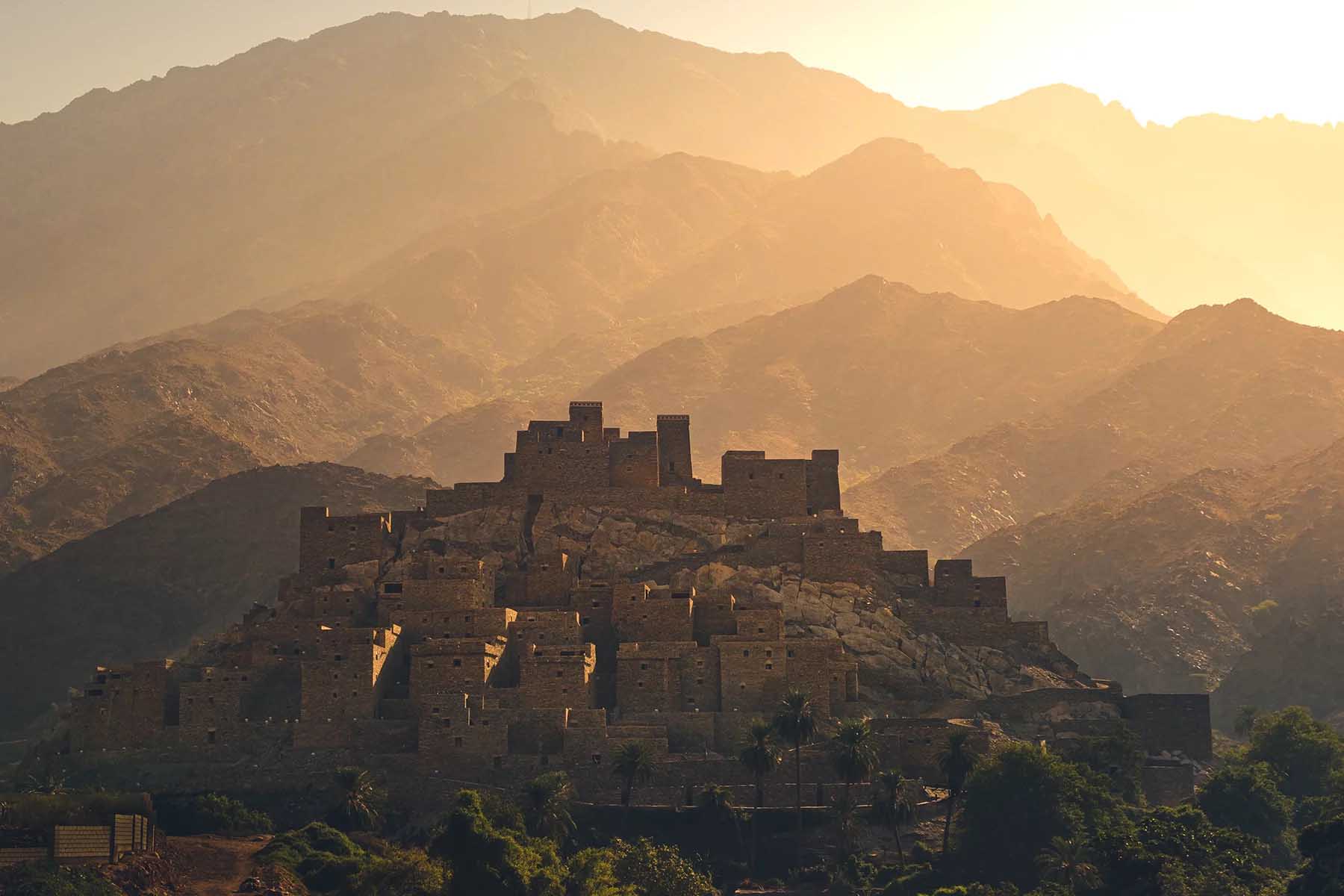
For Muslim expats, there’s the added appeal of a lifestyle modeled around Islamic values with easy access to Islam’s holiest sites in Mecca and Medina. Meanwhile, families appreciate being able to raise children in a safe, stress-free, international environment.
And of course, for everyone, there’s that little matter of tax-free incomes, which are usually higher than in many other parts of the world.
